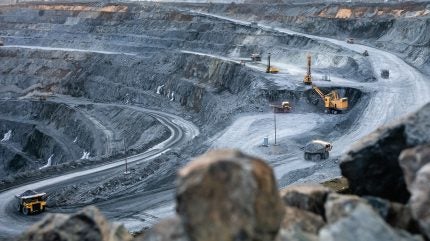Mining giant Alcoa says it is on track to cut spills and leaks by up to 60 per cent by the end of 2023.
Over the past four years spills of fuel, hydraulic fluid and other hydrocarbons have seen a 47 per cent reduction at Alcoa’s bauxite operations in the Peel region of Western Australia.
Mining manager Darrin Strange said dealing with potential issues before a failure occurs has been the key to Alcoa’s achievement.
“We identified the most common points of failure, and the potential severity of various loss- of-containment events, across all our mobile equipment and fixed plant,” Strange said.
“That gave us the data to understand where to adjust maintenance schedules, what additional spare parts we had to carry, and what dedicated training was required to stay ahead of potential risks.”
Strange said inspections of mobile equipment, which may have previously only occurred during major maintenance procedures, were now carried out every time a machine stopped to refuel.
“Regularly looking for early signs of wear and leaks can prevent spills entirely,” he said.
“We have also ensured maintenance technicians responsible for building and fitting hose assemblies have comprehensive training and access to manufacturer specifications.”
Alcoa identified hose failures as the most common cause of hydrocarbon spills and have reduced the time between replacement of hydraulic return hoses, in some cases from a recommended 20,000 hours to 8000 hours.
These measures go beyond manufacturer recommendations and uphold Alcoa’s mission to maintain its 60-year record of never having negatively impacted public drinking water supply, which sits at the core of the miner’s values.
With its operations in the Jarrah forest, Alcoa is committed to the restoration of mined areas to fully functioning ecosystems at the end of the mine’s life, ensuring the preservation and continuation of Australian biodiversity and conservation for years to come.




